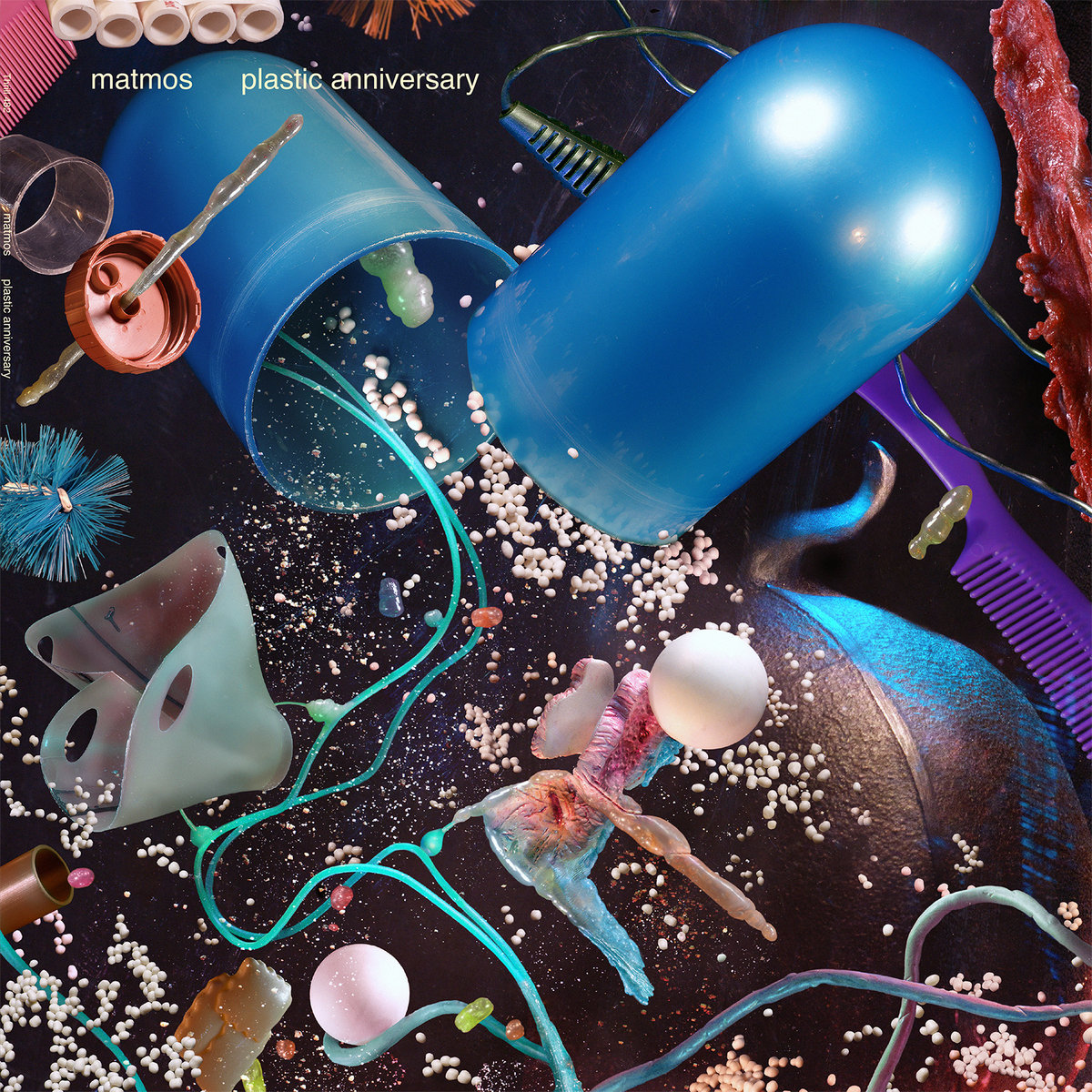Drew Daniels and M.C (Martin) Schmidt hardly approach music in any traditional sense of the artform. Since their first LP “Matmos” they’ve been a unique musical anomaly in the field of electronic music. Primarily relying on sampled found sounds, based around a single concept, Matmost have, for the last 20-odd years, have taken music to the extreme outer edges of Techno and music concrete, engaging with their chosen artform on a conceptual level.
Albums informed by singular concepts, draped in several layers that can unravel onto various different plateaus engaging with their subject, has seen Matmos approach themes like queer icons, surgery, the American civil war, telepathy and the sonic curiosities of a Whrilpool Ultimate Care II washing machine. There’s a palpable sense of humour in the abstract language of Matmos’ music that eludes many artists working in the same field, and what they achieve through the conceptual framework, they are able to communicate through amiable and engaging executions; something not easily achieved through this form of experimental music.
A married couple as well as musical collaborators, Daniels and Schmidt use Matmos to breach the chasm that exists between their unique personalities through their superior intellect and their marvelous wit, using music as their chosen form of expression. On their latest record “Plastic Anniversary,” what started out as a celebration of their 25th anniversary turned to the subject of plastic, and like always there are several layers to untangle behind the concept of the LP, with an execution rooted in the avant garde of electronic music.
From the decaying bird, revealing a stomach full of plastic on the back of the record sleeve; the couple kissing behind a riot shield on the inner sleeve; the format of the record itself; the process of making the record; the sounds that permeate through the record; and of course the many associations the word plastic conjure; this might be Matmos’ most densely focussed record to date. Using only samples of sounds made by plastics, from something obvious like banging empty containers to the more obscure sounds of synthetic human fatty tissue, Matmos introduces us to the vast sonic possibilities of plastic.
There’s a sonorous quality to this music, even with the absence of the human voice, where hollow percussive sounds and wheezing harmonic movements play affectionality on the sounds of traditional instruments, but add a level of dissonance, that relay something that is quirky and curious at times and uncomfortable in others. It’s especially uncomfortable on “Thermoplastic Riot Shield,” which was created using an Albuquerque police riot shield, an object laden with its own associations. It’s the same shield from the inner sleeve from which behind Drew and Martin engage in a kiss, and in the spirit of the protester from Tiananmen square facing that tank, or the flower in the barrel of a gun, they disarm the object from its violent connotations, re-appropriating it as a form of creative expression in much the same way that they re-appropriate a sample in their music.
There is one theme that is very prominent throughout this entire record however, and although Matmos only make an obvious reference to it on the final track, “Plastisphere” the all-consuming threat that plastic waste has on this planet hangs over “Plastic Anniversary” like a malevolent shadow, which Matmos communicate through dissonant melodic structures and obscure sound design. Even the joviality of “Breaking Bread” or “Fanfare for Polyethylene Waste Containers” aren’t completely devoid of that uncomfortable truth that hides behind the material source of their creation.
Although these prominent themes are unavoidable in the context of the LP, it does little to overshadow the music. This is probably, Matmos’ most accessible record to date. It’s as if technology has finally caught up to their vision for their music, and tracks like “Fanfare for Polyethylene Waste Containers” and the title track do well to bridge that gap between avant garde experimentalism and popular music. As a Matmos record it’s never going to be an easy listening record, but for the first time I feel you won’t need to be a fan or a music technology nerd to really appreciate this record.

